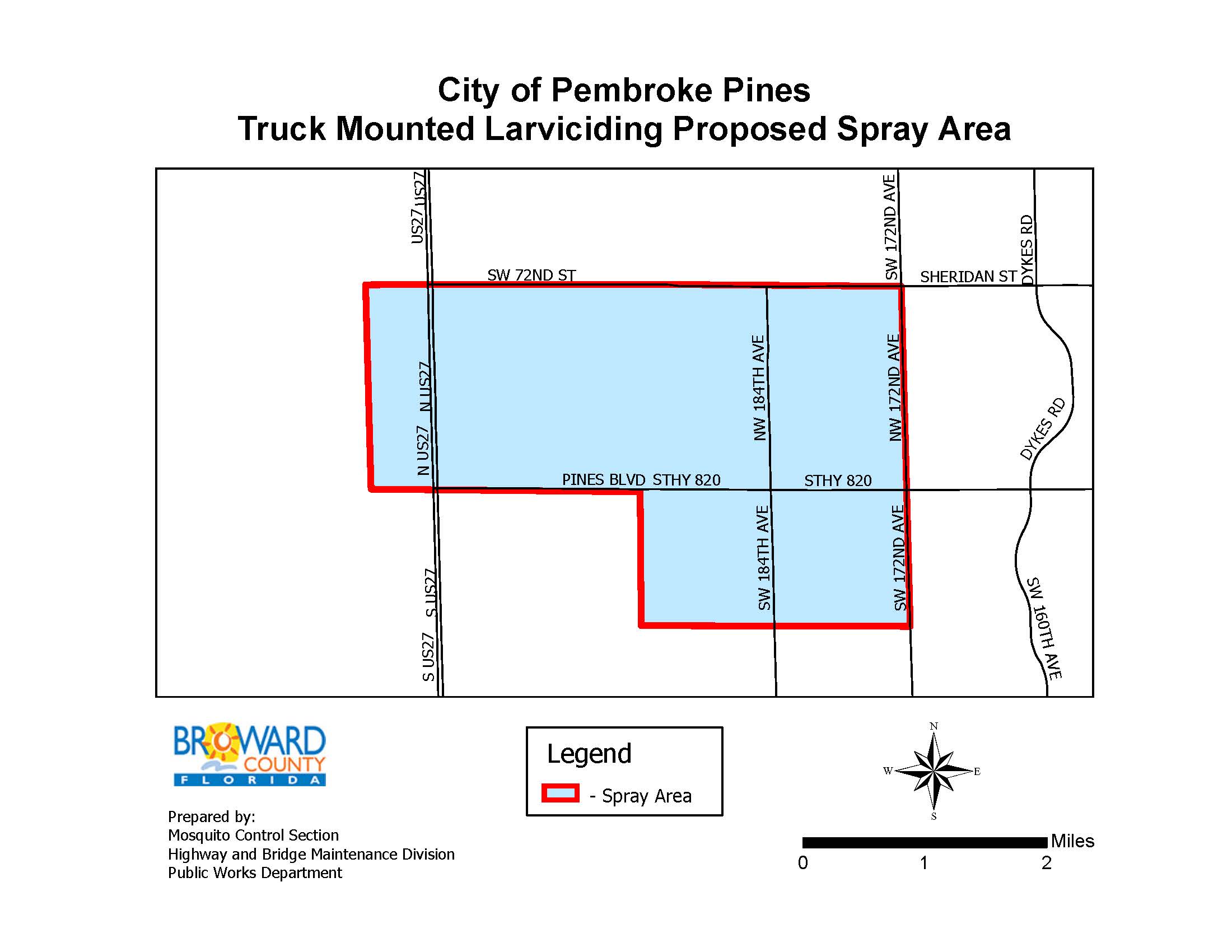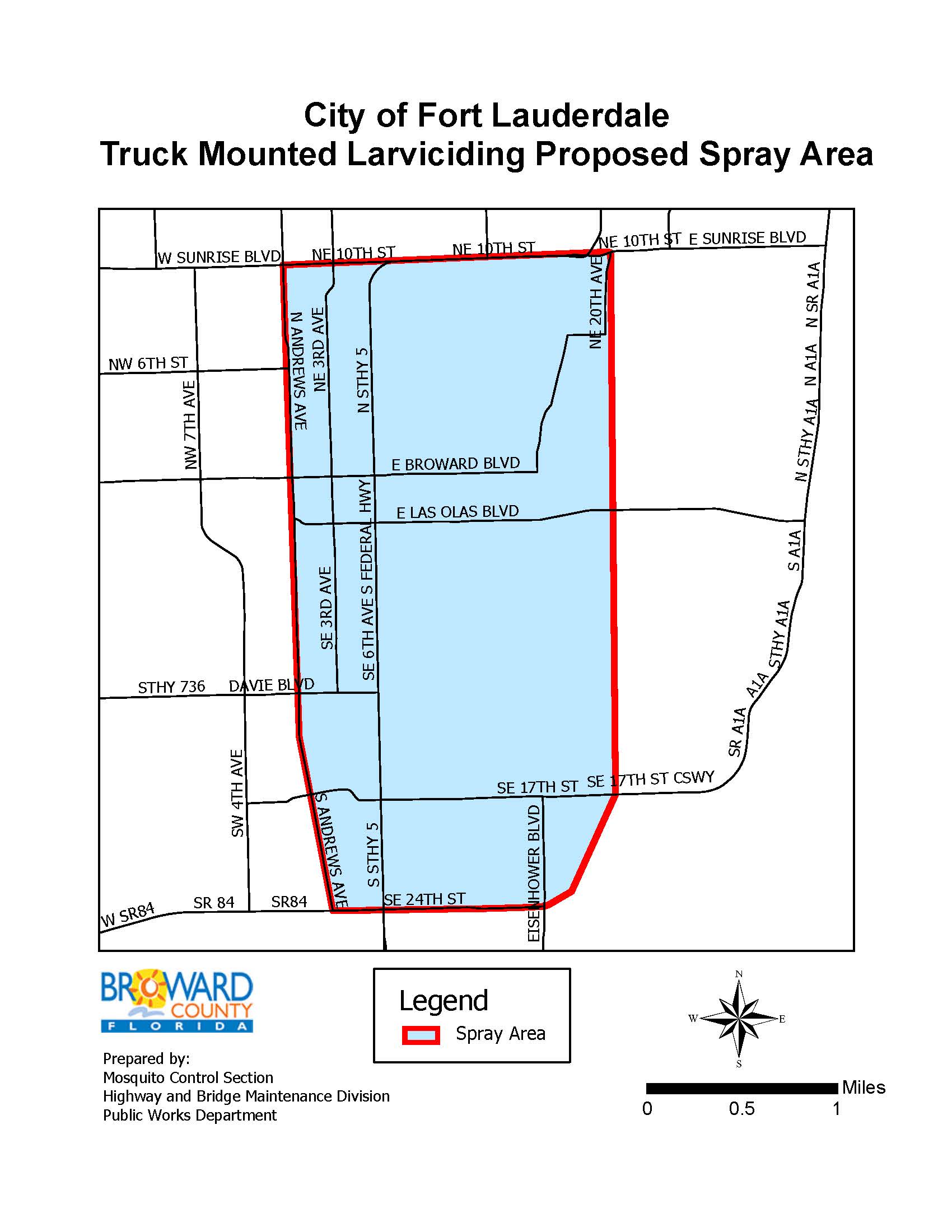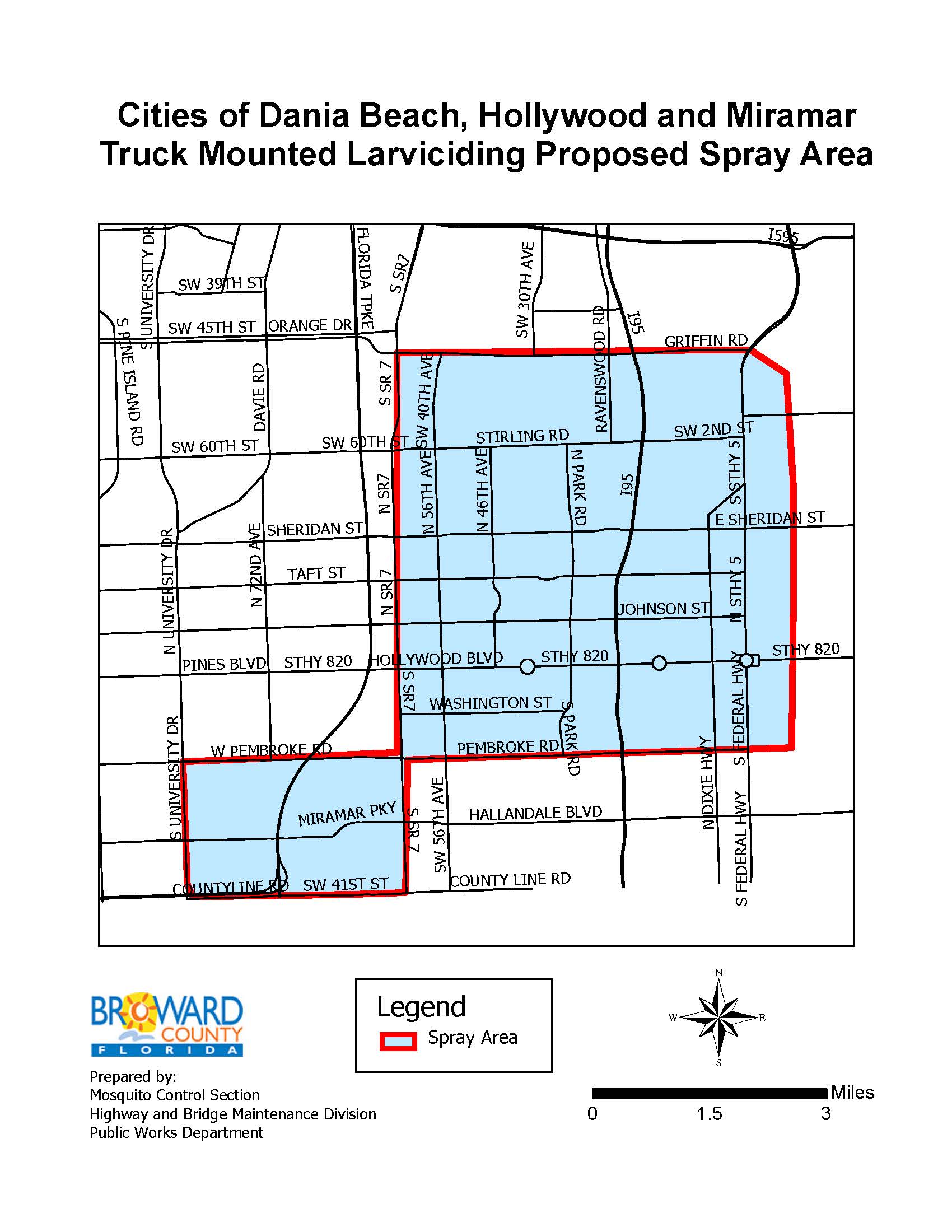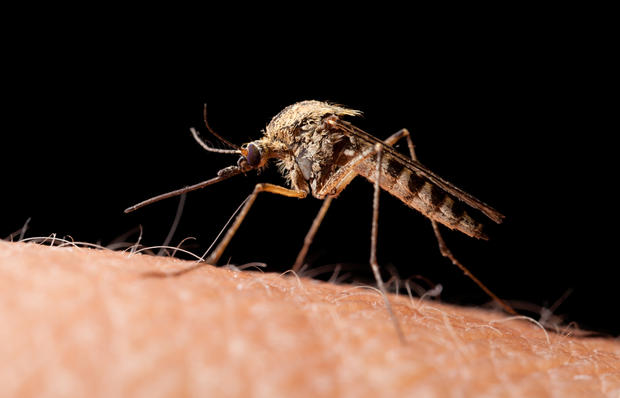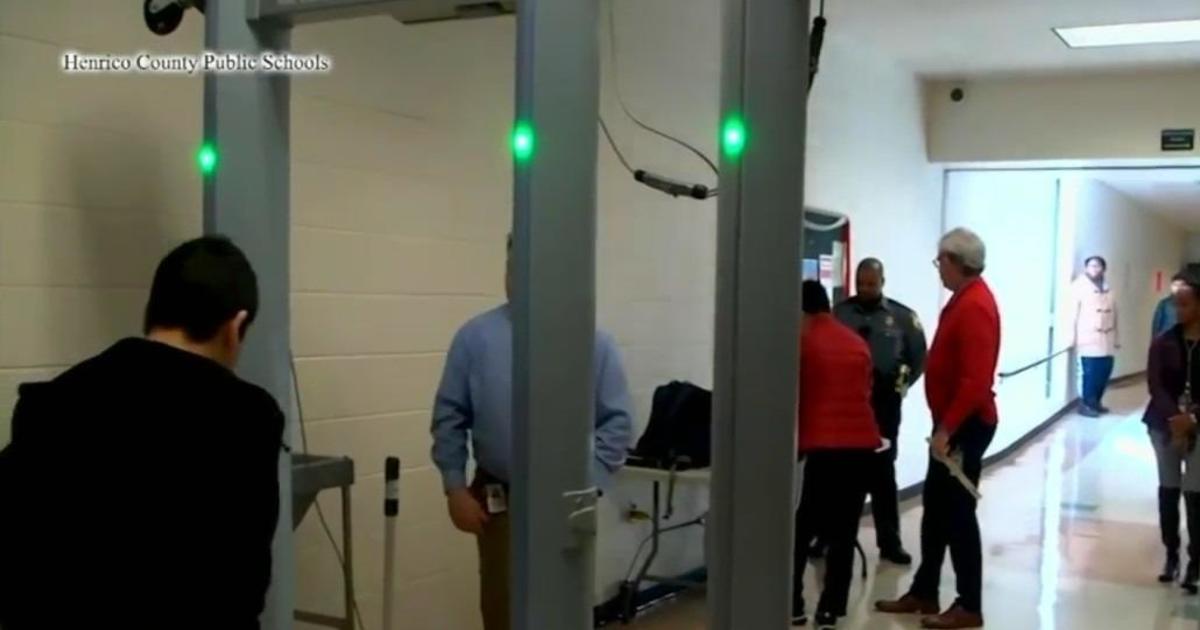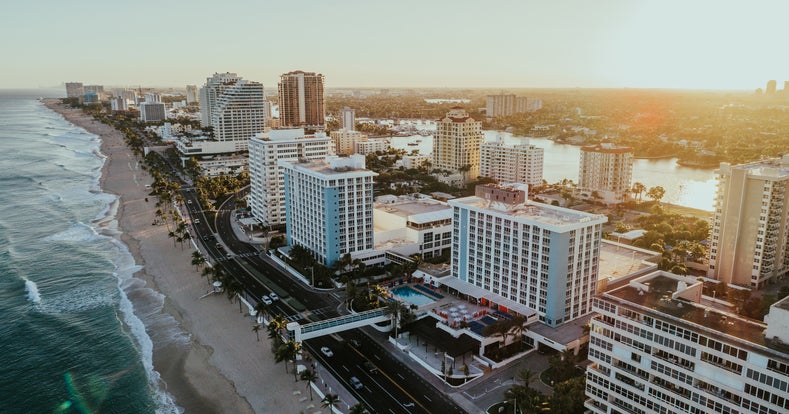Broward To Launch Mosquito Larvae Spraying In Five Cities
BROWARD (CBSMiami) – With the rain come mosquitoes and now the battle to control the pesky, biting insects is getting underway.
Broward County mosquito control will begin spraying several areas of the county next week in order to reduce the larvae population.
The areas being targeted are portions of Dania Beach, Fort Lauderdale, Hollywood, Miramar and Pembroke Pines.
The larvacide being used is VectoBac WDG, which is not harmful to humans, pets, bees, aquatic habitats or environmentally sensitive areas, according to the County.
Trucks will spray the chemical between the hours of 10:00 p.m. and 6:00 a.m., weather permitting, on June 11 and 12.
The mosquito being targeted is the Aedes aegypti, a mosquito known to carry diseases such as Zika, dengue and yellow fever, to name a few.
This type of mosquito loves to be around, and bite people more than most other mosquito species and it's hard to eliminate.
In fact, it's been called the "cockroach of mosquitoes" for those reasons.
One of the reasons the Aedes aegypti mosquito can be found around people and yet is difficult to get rid of is that it's a cryptic breeder. Meaning, it can breed in the least obvious, most unusual places around homes and businesses.
The Aedes aegypti mosquito likes to breed in small containers that fill with water, preferably out of the sun. And it likes dark colors. This makes old tires one of its favorite breeding spots.
It can also breed in flowerpots—including water-retaining saucers underneath flowerpots—bottles, cans, clogged gutters, rain barrels, birdbaths, even bottle caps. So be sure to remove standing water from these locations to help reduce the mosquito population.
Making Aedes aegypti even trickier is the fact that it can lay eggs in places where there's no water at the moment, but will eventually fill with water. Eggs laid outside of water can remain viable for as long as 12 months. And the Aedes aegypti has an uncanny knack for finding containers that are dry today but filled with water tomorrow (or a few months from now).
MORE ABOUT THE LARVICIDE:
The main ingredient in VectoBac WDG is Bacillus thuringiensis israelensis (Bti, strain AM6552), a naturally occurring, biodegradable bacterial mosquito larvicide. It is certified by the Organic Materials Review Institute (OMRI) and is registered for use by the US Environmental Protection Agency. In addition, VectoBac WDG has been reviewed by the World Health Organization and is listed as a recommended product to be used to control mosquito larvae.
Here are the spraying locations:
